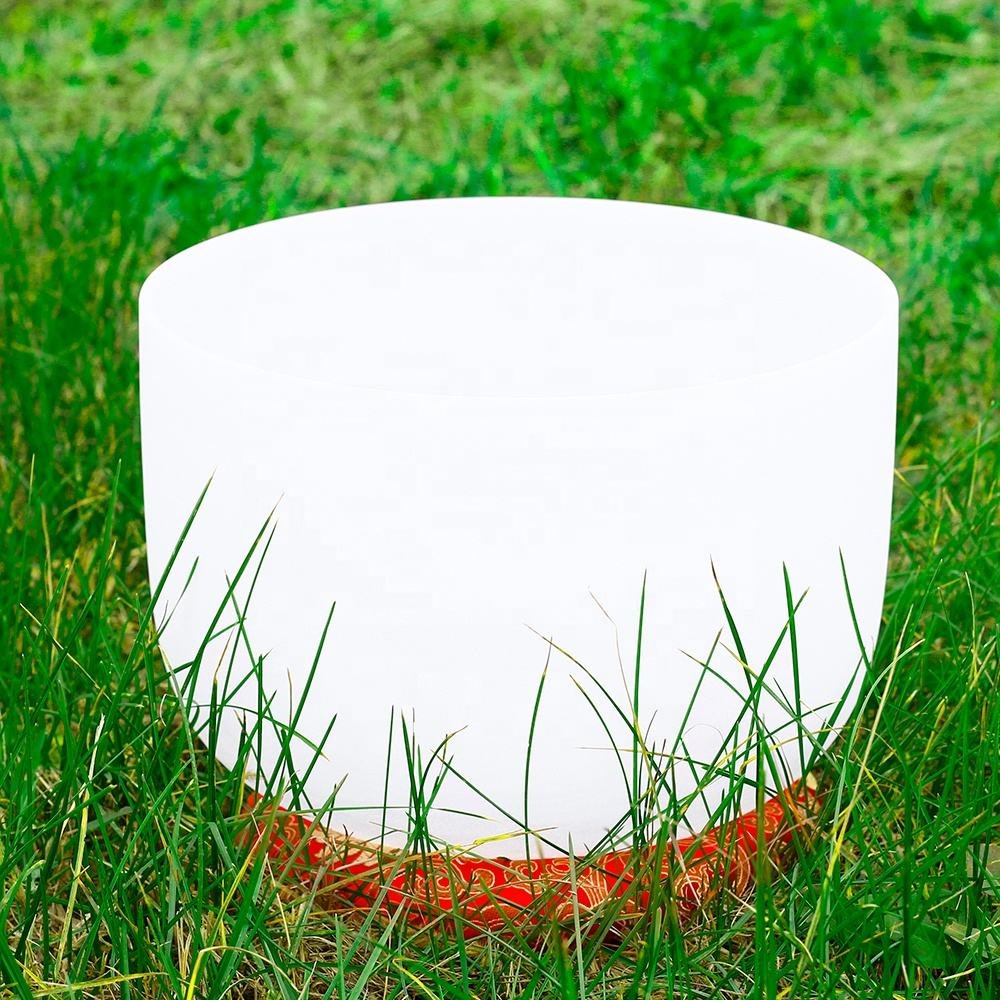Introduction
Meditation is a practice of deep mental and emotional relaxation that has been used for centuries to improve physical and mental health. It is widely believed that meditation can reduce stress, improve concentration, and even provide emotional healing. But can meditation replace sleep as a way to rest and rejuvenate? The answer is not clear-cut. While meditation may provide some of the same benefits that sleep does, it is not a substitute for a good night’s sleep. In this article, we will explore the potential benefits of meditation and discuss whether or not it can replace sleep.

Can Meditation Really Replace Sleep? A Look at the Research
First, it is important to understand the purpose of sleep. Sleep plays an essential role in the functioning of our bodies, providing rest and allowing our bodies to recharge. During sleep, our bodies undergo a variety of physiological processes, such as the repair and restoration of cells, the release of hormones, and the strengthening of neural connections. All of these processes are necessary for maintaining our health and well-being.
Meditation, on the other hand, is a practice that involves focusing on the present moment and becoming aware of one’s thoughts and feelings. It has been used for centuries as a way to reduce stress and improve mental clarity. While there is some evidence that meditation can provide some of the benefits of sleep, it is still unclear whether it can replace sleep entirely.
Studies have shown that meditation can reduce levels of stress and anxiety, as well as improve mood and sleep quality. However, it is important to note that these studies were conducted on people who were already getting adequate amounts of sleep. While it is possible that meditation could be used to make up for lost sleep, it is not yet clear if this is the case.
Overall, the research suggests that meditation is not a suitable replacement for sleep. While it can provide some of the benefits of sleep, it is not yet clear whether it can provide all of the essential functions of sleep. Furthermore, it is important to note that meditation should not be used as a substitute for sleep, as this could lead to serious health problems. It is best to use meditation as a complement to a healthy sleep routine.
How to Create a Mindfulness Meditation Practice That Replaces Sleep
Creating a mindfulness meditation practice that replaces sleep may seem daunting at first, but with a few simple steps, it is possible to create a practice that can bring the benefits of a good night’s rest without relying on sleep.
First, it is important to find a comfortable and quiet place where you can relax and focus. Consider lighting some candles, playing some soothing music, or burning incense to create a calming atmosphere. It is also important to ensure that the area is free from distractions, such as phones and other electronics.
The next step is to establish a regular time for your practice. It is best to practice at the same time every day, as this will help to create a habit. Aim for 30 minutes to one hour of practice time.
Now that you have a dedicated practice space and a regular time for practice, it is time to prepare for meditation. Start by sitting in a comfortable position, either cross legged on the floor or in a chair with your feet flat on the ground. Close your eyes and begin to focus on your breath. Pay attention to the way it feels as it moves in and out of your body. When your mind wanders, gently bring it back to the sensation of breathing.
Throughout your practice, focus on the present moment. Acknowledge any thoughts or feelings that arise without judging them. Notice the sensations in your body and observe them without attachment.
To help deepen your practice, you may wish to incorporate other mindfulness tools, such as body scans or visualization. These can help to bring awareness to different parts of the body and can be used to relax and calm the mind.
By regularly practicing mindfulness meditation, you can begin to experience the same benefits as a good night’s sleep. You may find that you are more focused and alert during the day, and that your mood and energy levels are improved. Additionally, mindfulness meditation can help to reduce stress, anxiety, and depression.
Creating a mindfulness meditation practice that replaces sleep can be a powerful tool for finding inner peace and balance. With a few simple steps and a regular commitment to the practice, you can begin to experience the benefits of a good night’s rest without relying on sleep.
The Science Behind How Meditation Replaces Sleep
Meditation has long been used as an effective way to reduce stress, enhance cognitive functioning, and improve overall wellbeing. In recent years, research into the effects of meditation has revealed its potential as a replacement for sleep. This article will analyze the science behind how meditation is capable of replacing sleep.
The primary mechanism by which meditation replaces sleep is its ability to induce relaxation. Studies have found that meditation can reduce the activity of the sympathetic nervous system, which controls the body’s fight-or-flight response. This relaxation response triggers a decrease in the body’s cortisol levels, which are associated with stress and anxiety. Additionally, meditation has been found to increase alpha and theta brainwaves, which are associated with calmness and relaxation.
The relaxation response induced by meditation is also associated with improved mental clarity. This improved clarity can be attributed to the increased activity of the prefrontal cortex, which is responsible for cognitive processing and decision-making. Additionally, meditation has been found to increase the activity of the parasympathetic nervous system, which has been linked to improved cognitive functioning.
The relaxation response induced by meditation can also be beneficial for physical health. Studies have found that meditation can reduce the levels of stress hormones, such as cortisol and adrenaline, which are associated with hypertension and other cardiovascular diseases. Additionally, research has shown that meditation can reduce inflammation, which is linked to a variety of chronic health conditions.
Finally, meditation can promote better sleep. Studies have found that meditation can increase the production of melatonin, which is responsible for regulating the body’s sleep-wake cycle. Additionally, meditation can reduce the activity of the sympathetic nervous system, which can lead to improved sleep quality and duration.
How Meditation Can Help You Get a Better Night’s Sleep
Sleep is essential for physical and mental wellbeing, yet many people struggle to get a restful, restorative night’s sleep. Fortunately, meditation can help improve sleep quality and duration. This article will explore how meditation can help individuals develop better sleep habits.
First, it is important to understand why meditation can be so beneficial for sleep. Meditation is a practice of calming the mind and body, allowing individuals to relax and become more in tune with their inner selves. As such, meditation can reduce stress and its associated physical and mental symptoms, which can interfere with sleep. In addition, meditation can help individuals to develop better emotional regulation skills, which can also contribute to a more restful night’s sleep. Finally, regular meditation can help to promote healthy sleep patterns and habits by providing individuals with an effective way to wind down in the evenings.
In addition to understanding how meditation can help improve sleep quality and duration, it is important to recognize the various types of meditation that are available. Generally speaking, meditation can be divided into two broad categories: mindfulness meditation and guided meditation. Mindfulness meditation involves focusing on the breath and bodily sensations, allowing the individual to become aware of the present moment without judgment or expectation. Guided meditation, on the other hand, involves listening to an audio or video recording that guides the individual through a meditation experience.
In order to maximize the benefits of meditation for better sleep, individuals should experiment with different types of meditation to determine which works best for them. Additionally, it is important to practice meditation regularly in order to see the greatest results. As a general guideline, individuals should aim to meditate for at least 10 minutes each day in order to reap the full benefits.
Conclusion
No, meditation cannot replace sleep. While meditation can help to reduce stress, improve concentration, and promote relaxation, it cannot replicate the restorative capabilities of a good night’s sleep. Sleep is a vital part of overall health, and it is important to prioritize a consistent and healthy sleep schedule for optimal physical and mental health.











